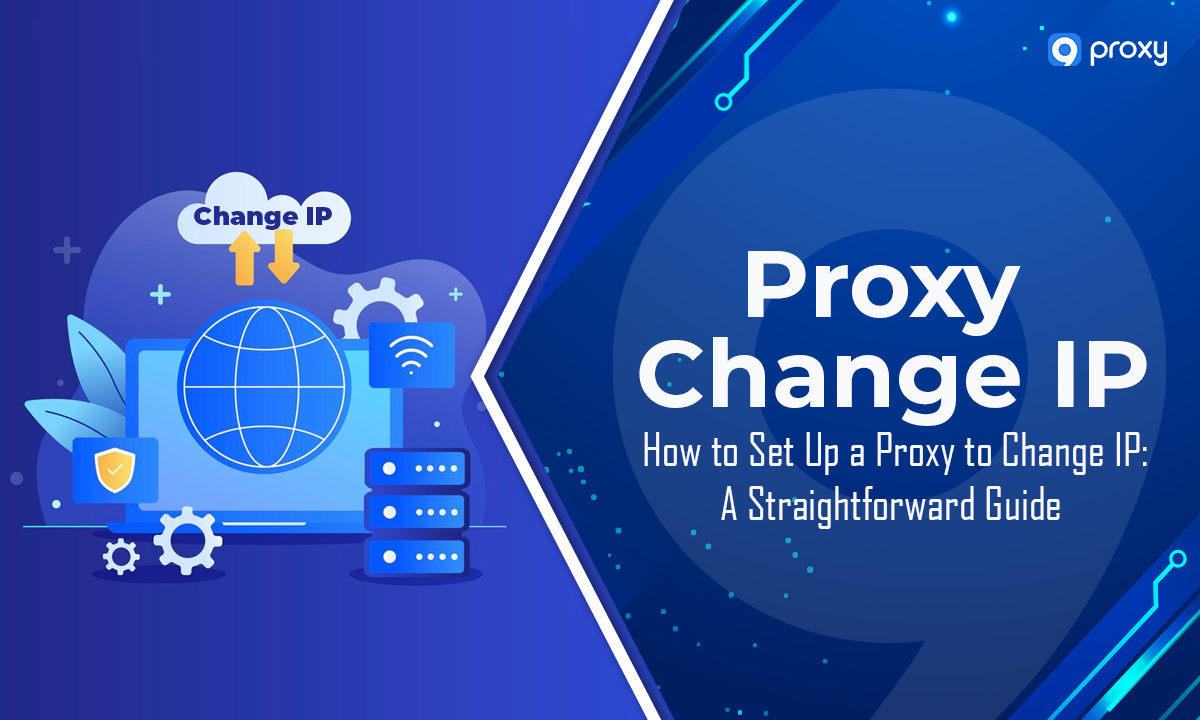Can Proxy Servers Be Detected? Secure Your Online Anonymity!

The pursuit of online privacy is a shared endeavor for many internet users, often leading to the pivotal question, "can proxy servers be detected?" In this blog, we're peeling back the layers of the world of proxy servers, examining the methods employed by websites and online services to identify them, and arming you with the knowledge needed to enhance your anonymity and circumvent detection.
Overview of Proxy Servers
A proxy server is a server application that serves as an intermediary between a client requesting a resource and the server providing that resource. This enhances privacy, security, and performance by streamlining or controlling the complexity of the request. It also offers additional benefits such as load balancing, enhanced privacy, and improved security.
Here's how a proxy server functions:
- Client Request: Instead of connecting directly to a server that can provide the desired resource, such as a file or web page, the client directs the request to the proxy server.
- Evaluation: The proxy server evaluates the request, determines the best way to fulfill it, and carries out the necessary network transactions.
- IP Address Masking: It can alter the client's IP address, thereby obfuscating the client's geographical location.
- Encryption: The proxy server can encrypt web requests to maintain the privacy of transactions and safeguard data from potential hacking attempts.
- Data Retrieval: Finally, the proxy server sends a request on behalf of the client, retrieves the requested data from the internet, and then relays it back to the client.
Uses of Proxy Servers:
- Facilitating anonymous internet browsing.
- Bypassing geo-blocking restrictions.
- Regulating web requests.
Types of Proxy Servers:
- Forward Proxy: Directs client requests to the web, protecting the identity of the client.
- Reverse Proxy: Directs server responses back to the client, often used for load balancing.
- Transparent Proxy: This type of proxy automatically redirects client requests without requiring any configuration on the client's side.
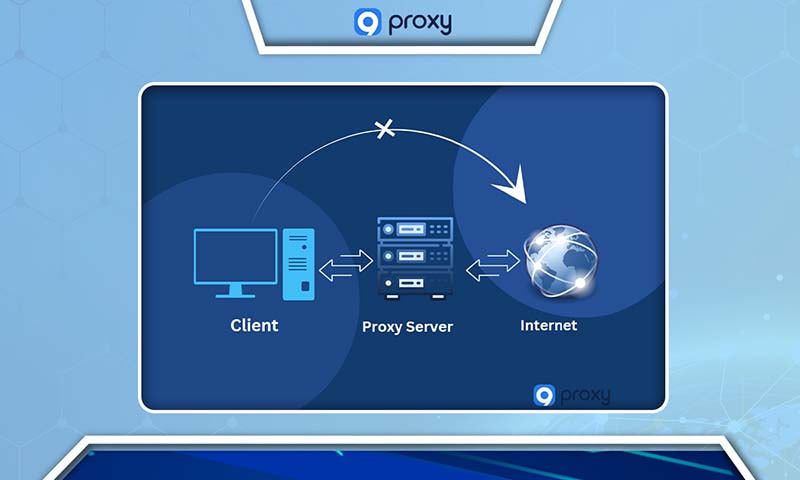
Can Proxy Servers Be Detected?
Proxy servers can be detected to a certain extent, although not all proxy servers can be identified. Here are some common methods used to detect proxy servers:
- HTTP Headers Test: Proxy detection services often check for HTTP headers commonly set by proxy servers. The absence of proxy headers might indicate either a direct connection or the use of a high-anonymity proxy server.
- IP Address Monitoring: Proxy providers frequently change their IP addresses to avoid detection. However, numerous online lists catalog known proxy IP addresses, and some services amalgamate these lists, including proprietary ones, to detect larger proxies.
- Network Traffic Analysis: Another method involves scrutinizing network traffic patterns and behaviors to pinpoint potential proxies. This technique is more intricate and might not be as reliable as the previous two methods.
- Proxy Check Tools: Some websites, such as WhatIsMyIP.com, offer tools that analyze a user's connection to their servers to determine if a proxy is in use. If a proxy is detected, the tool will provide details about the proxy.
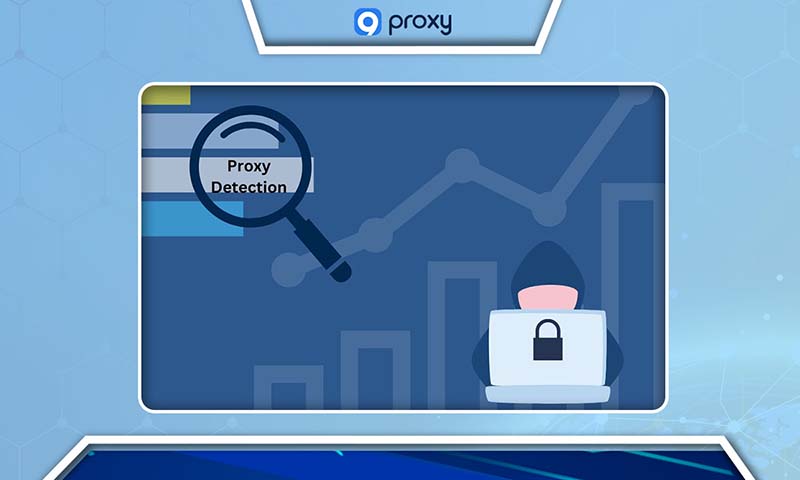
How Do Websites and Online Services Detect Proxy Servers?
Websites and online services deploy various techniques to detect proxy servers, although it's crucial to note that not all proxies can be detected. Here are some methods employed to identify proxy servers:
- Proxy Headers: Regular proxy servers often add an X-Forwarded-For HTML header, which can be utilized to detect their presence. However, the task is complicated by some proxies that may discard these headers, making detection more challenging.
- IP Address Analysis: Proxy servers are frequently hosted on cloud hosting platforms, and their IP addresses can be recognized as such. However, this method isn’t foolproof, as it can also mistakenly identify legitimate traffic from hosting providers.
- Known Proxy IP Lists: Various online lists catalog known proxy IP addresses, which can be employed to detect larger proxies.
- Port Scanning: Proxy servers might have specific ports open, such as ports 9050 or 9150 for TOR. Browser-based port scanning can be used to determine if a proxy server is operating on these ports.
- Latency Test: Proxies can introduce additional latency to the connection. By gauging the response time of a request, it's possible to detect the presence of a proxy.
- WebRTC Test: WebRTC can expose the actual IP address of a user, circumventing the proxy. By verifying if WebRTC is enabled and leaking the real IP address, the presence of a proxy can be identified.
- TCP/IP Fingerprint Test: Proxy servers might possess different TCP/IP fingerprints compared to regular users, allowing for detection through fingerprint analysis.
- Open Ports Test: Proxies might have specific ports open for communication. By checking if these ports are open, it's possible to detect the presence of a proxy.
How to Avoid Detection
To maintain anonymity and avoid detection while using a proxy server, users can employ a range of techniques and tools. Here are some effective strategies:
- High Anonymity Proxies: Opt for high anonymity proxies that do not add identifying headers to forwarded requests. This makes it more challenging for websites and online services to detect proxy usage.
- Frequent IP Address Changes: Use proxy services that offer frequent changes of IP addresses. This will complicate the process for websites and online services trying to detect your proxy usage.
- Proxy Chaining: This involves connecting through multiple proxy servers in a sequence, making it harder to trace the original source of the request. This additional layer of anonymity can significantly improve the chances of avoiding detection.
- Browser Fingerprinting Protection: Employ browser fingerprinting protection tools to prevent websites from identifying you based on your unique browser configuration. These tools disguise your browsing behavior, making it harder for websites to track your activities.
- Use of VPN with a Proxy: Use a Virtual Private Network (VPN) in conjunction with a proxy server. The VPN encrypts the connection between you and the proxy server, providing an additional layer of security and anonymity to help you avoid detection.
- Avoid Suspicious Behavior: Engage in responsible internet usage and avoid any suspicious or malicious activities that could draw attention and result in detection. Always use proxies ethically and for legitimate purposes.
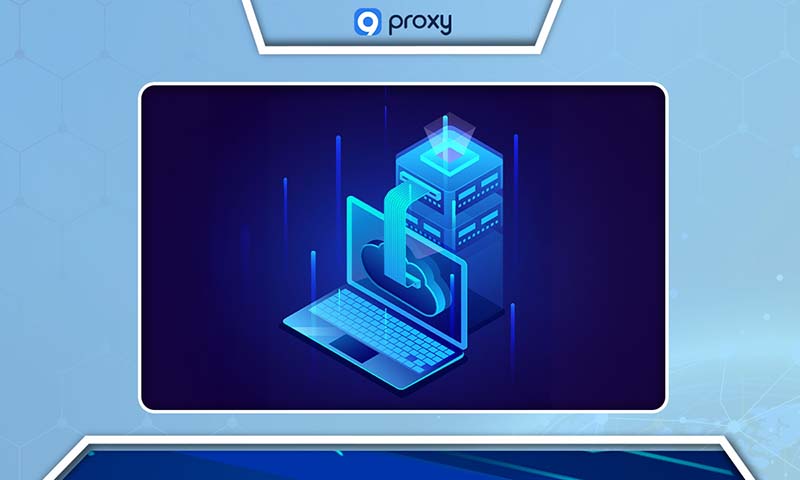
FAQ
Can all proxy servers be detected?
Not all proxy servers are equally detectable. The ease of detection depends on the type and configuration of the proxy. For instance, datacenter proxies are more easily detectable as their IP addresses can be cross-referenced with known datacenter ranges. Conversely, residential proxies are more challenging to detect as they use genuine IP addresses assigned to homeowners.
Why would someone want to detect a proxy server?
Websites and online services may aim to detect proxy servers for several reasons, such as:
- Preventing Abuse: Proxies can be employed for malicious activities like web scraping, DDoS attacks, and account takeovers. Detection of proxy usage allows websites to implement protective measures for their services and users.
- Enforcing Access Restrictions: Some websites restrict access from certain IP ranges, including those associated with proxy servers, to prevent unauthorized access or content scraping.
- Ensuring Fair Usage: Online services offering limited resources or access, such as ticketing websites, may detect and block proxy usage to ensure fair distribution among users.
Are there any secure and undetectable proxy servers?
While some proxy servers claim to be secure and undetectable, it's important to note that complete anonymity and avoidance of detection can never be entirely guaranteed. Proxy providers frequently update their IP addresses to lower the chances of detection. However, websites and online services have numerous methods at their disposal to identify and block proxy traffic. To further enhance security and anonymity, it is advisable to opt for reputable proxy providers and complement their use with additional privacy tools such as VPNs.
In conclusion, the question "Can Proxy Servers Be Detected?" is a critical consideration when using these essential tools for online privacy. It's crucial to understand that various methods employed by websites and online services can uncover proxy servers. By adopting the strategies and insights shared in this guide, you can enhance your anonymity and fortify your defenses against proxy detection. We hope this blog has elucidated the complexities of proxy servers and equipped you with valuable knowledge. For more insightful content and expert advice, feel free to delve into more resources from 9Proxy. Embark on your journey toward a more secure and private digital experience today!
Latest Posts
Top News on Everything Data Gathering
Subscribe to our newsletter and get monthly scraping updates delivered right to your email.
You may also like
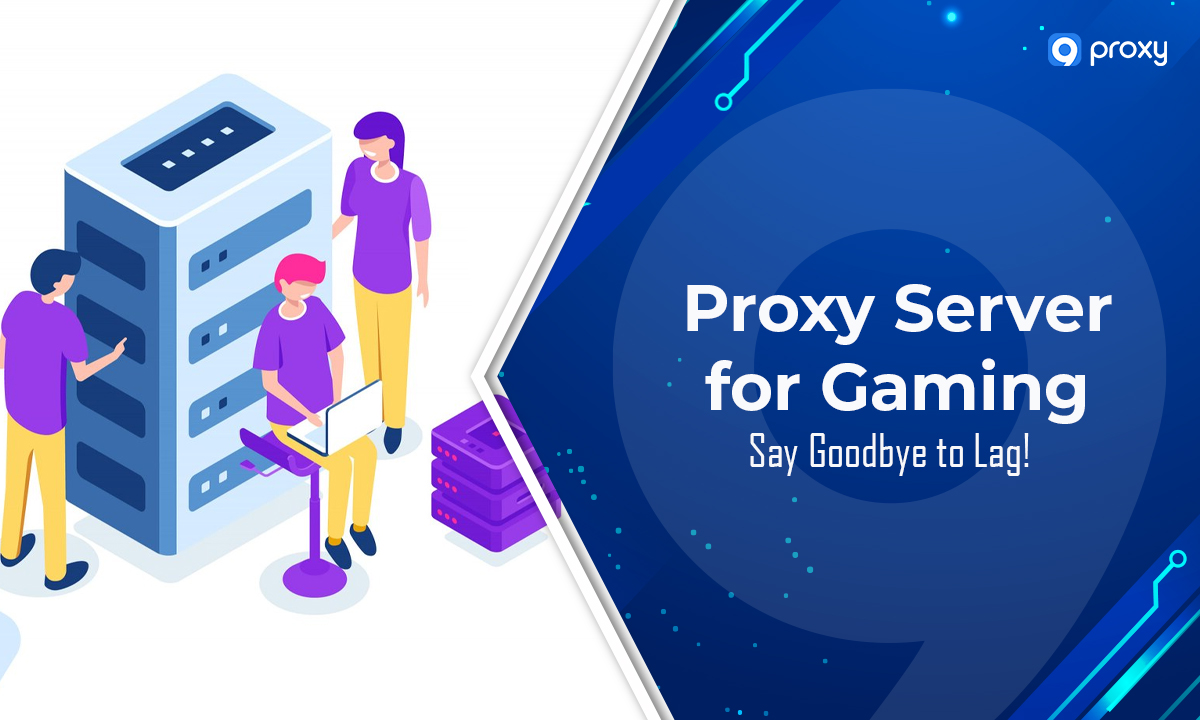
Proxy Server for Gaming: Say Goodbye to Lag!
Game without lag! Explore proxy servers for gaming and turbocharge your online gaming experience. Say goodbye to interruptions while gaming.

Social Media Proxies: Maximize Your Online Presence Effectively
Unleash the potential of Social Media Proxies! 9Proxy's blog reveals how they amplify your online strategy, ensuring privacy and efficiency.

Proxies for Web Scraping: Enhance Your Data Collection
Explore the best proxies for web scraping with our expert guide. Enhance your data collection strategy from 9Proxy!
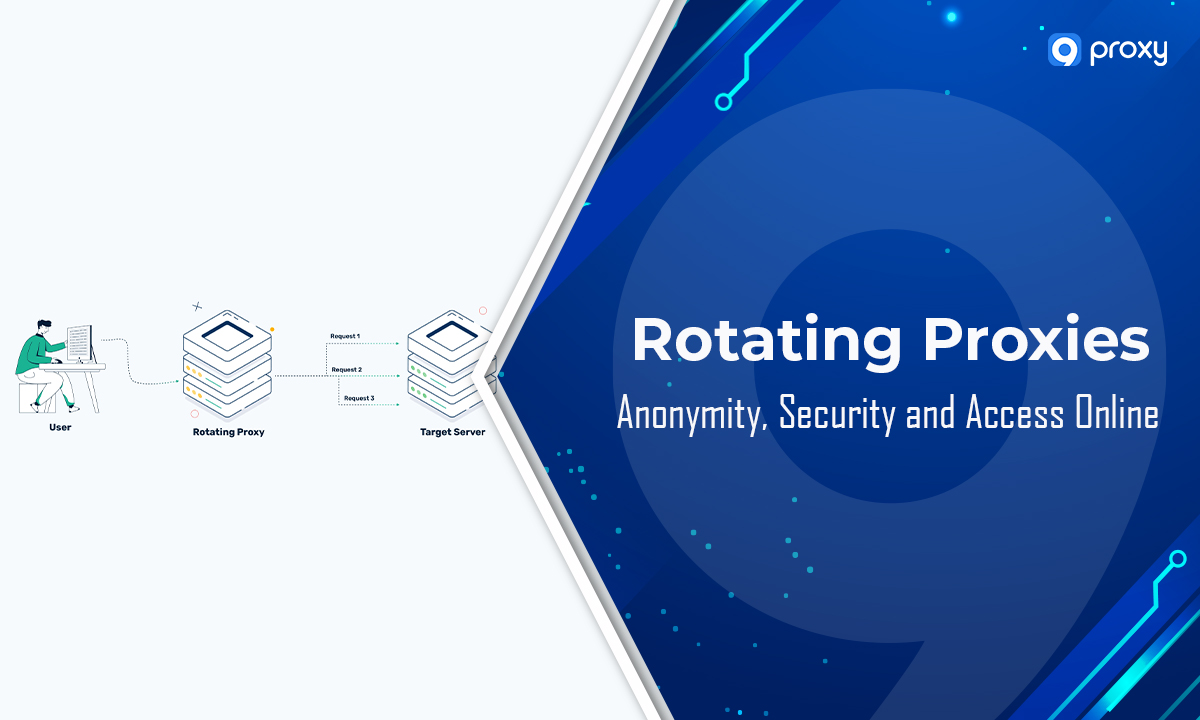
Rotating Proxies: Anonymity, Security and Access Online
Unlock the full potential of your online experience with a rotating proxies. Learn how this essential tool can enhance anonymity, security, and accessibility.

Proxy Server for Business: Maximize Efficiency & Security
Unlock the full potential of your business's online security with a proxy server. Learn how it enhances network performance, security, and control.

Enterprise Proxy Server: Your Business's Digital Edge Defined
Discover the advantages of enterprise proxy servers – your key to elevated business security and optimized network speed.

Cloud Proxy Server: The Ultimate Solution for Secure Browsing
Maximize your online experience with a cloud proxy server! This comprehensive guide helps you enjoy enhanced security, faster speeds and online freedom.

Facebook Proxy Server: A Complete Guide for Beginners
Master the ins and outs of using a Facebook proxy server with 9Proxy definitive guide. Learn now!



